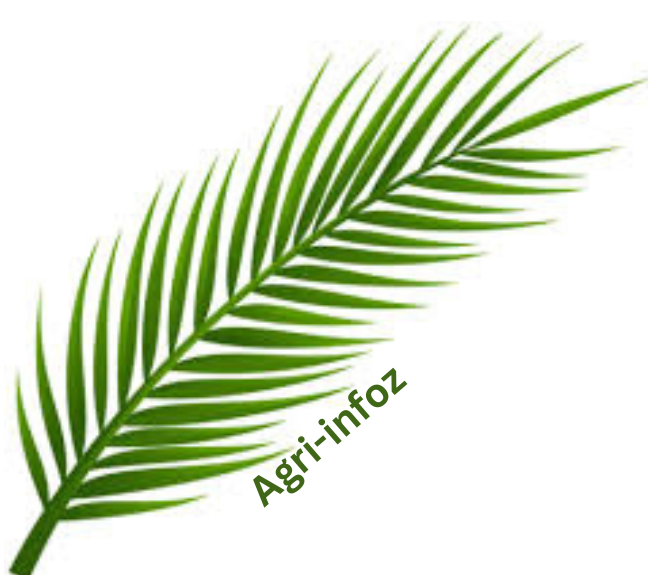

Sorghum: A Resilient Grain with Global Potential
Sorghum, with its drought tolerance, nutritional value, and versatility, is gaining recognition as a valuable crop for food security, climate resilience, and economic development in regions prone to water scarcity and climate variability. From traditional staple foods to modern industrial applications, sorghum offers a wide range of benefits for farmers, consumers, and industries around the world.
Read more related: Barley: The Versatile Ancient Grain
Belonging to the genus Sorghum, sorghum encompasses a diverse group of cereal grains, forages, and sweet sorghum varieties adapted to different climates, soil types, and growing conditions. Sorghum originated in Africa over 5,000 years ago and has since spread to other continents, becoming a staple food crop in many arid and semi-arid regions.
Sorghum is prized for its resilience to drought, heat, and poor soils, making it an ideal crop for marginal lands and rainfed agriculture systems. Its deep root system enables it to access moisture and nutrients deep within the soil profile, while its efficient water use and photosynthetic pathway contribute to its ability to thrive in challenging environments.
In addition to its agronomic benefits, sorghum offers nutritional advantages, being rich in protein, fiber, vitamins, and minerals. Sorghum grains can be processed into flour for baking bread, porridge, and other traditional foods, while sorghum syrup, made from sweet sorghum varieties, serves as a natural sweetener in beverages, sauces, and confections.
Moreover, sorghum has a wide range of industrial applications, including animal feed, biofuel production, and manufacturing of biodegradable plastics, adhesives, and building materials. Its versatility and sustainability make sorghum an attractive option for industries seeking renewable and environmentally friendly alternatives to fossil fuels and petrochemicals.
As global population growth, urbanization, and climate change place increasing pressure on agricultural resources, promoting the cultivation of resilient and resource-efficient crops such as sorghum will be critical for enhancing food security, adapting to climate variability, and promoting sustainable development worldwide. By harnessing the potential of sorghum as a multipurpose crop, we can address the challenges of the 21st century while building a more resilient and equitable food system for future generations.



